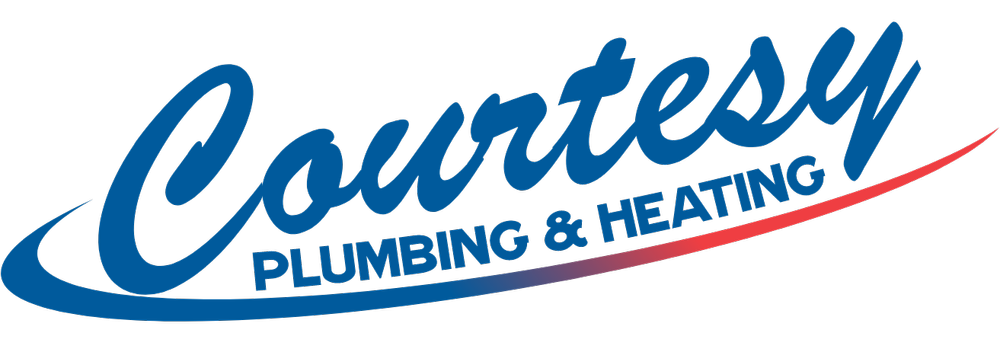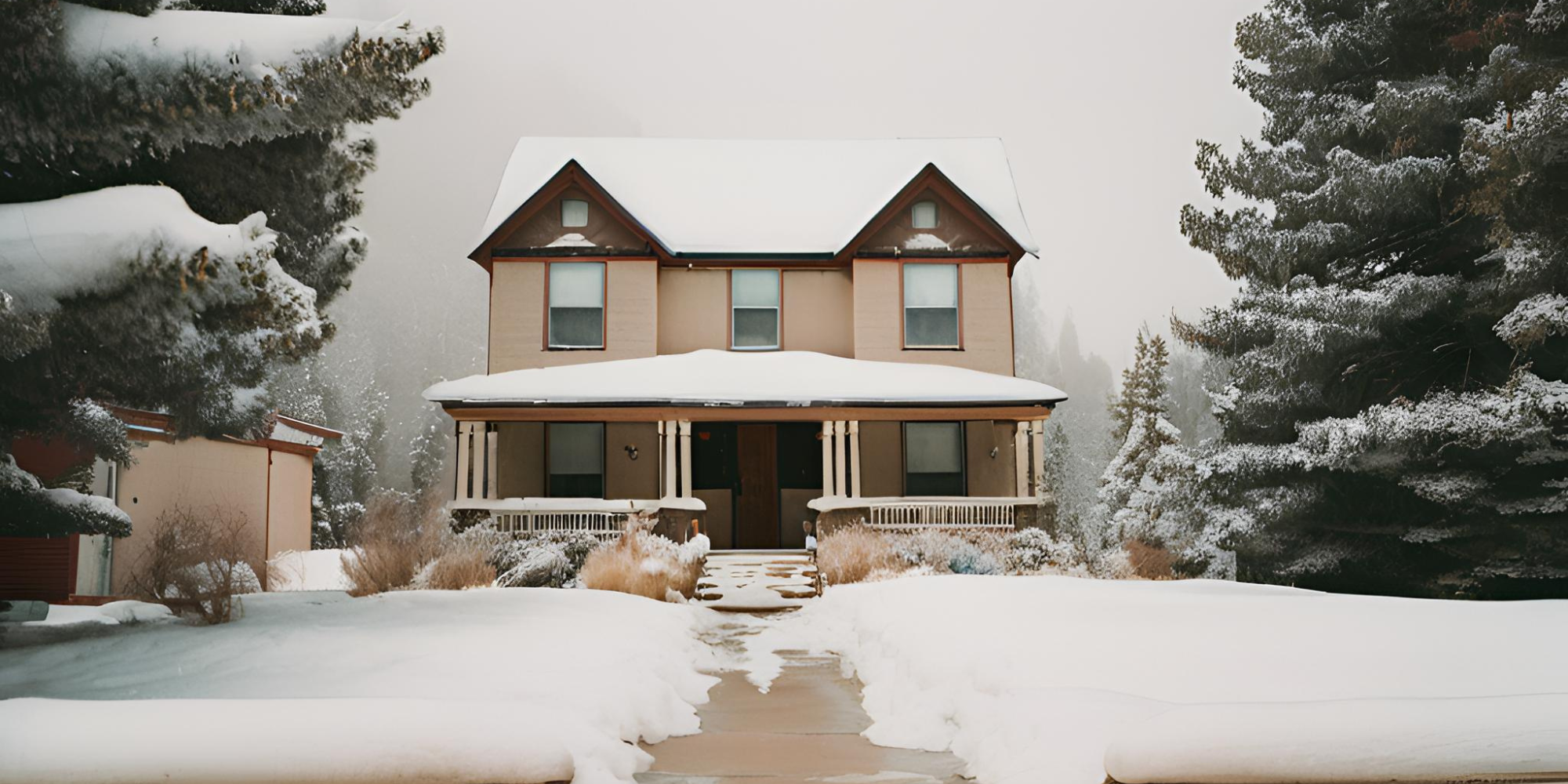Pre-Winter Furnace Preparation in Colorado: What You Need to Know
As the winter months approach in Colorado, ensuring your furnace is in top condition is essential for keeping your home warm and comfortable. With Colorado’s unpredictable weather, your heating system will be working overtime to combat the chilly nights and sudden temperature drops. The last thing you want is a furnace breakdown when you need it the most.
Preparing your furnace for winter isn't just about avoiding inconvenience—it's about improving efficiency, reducing energy costs, and extending the life of your system. Here’s what you need to know about pre-winter furnace preparation in Colorado.
1. Schedule a Professional Furnace Inspection
Before the cold sets in, it’s crucial to schedule a furnace tune-up with a licensed HVAC technician. A thorough inspection ensures that your heating system is operating safely and efficiently. During the inspection, the technician will:
Check for Gas Leaks: If you have a gas furnace, leaks can be dangerous. A professional will inspect connections and make sure your system is operating safely.
Clean or Replace Filters: A clogged filter can reduce your furnace's efficiency and increase energy costs. Replacing it regularly keeps the air clean and the system running smoothly.
Inspect Heat Exchanger: Cracks in the heat exchanger can lead to carbon monoxide leaks, posing a significant health risk. Regular checks ensure it’s in good condition.
Lubricate Moving Parts: This reduces friction, preventing wear and tear on the furnace components.
Scheduling an annual furnace inspection helps prevent unexpected breakdowns during winter and ensures your furnace operates at peak performance when you need it most.
2. Replace or Clean the Furnace Filter
Replacing or cleaning your furnace filter is one of the easiest and most effective ways to maintain your system. A dirty filter restricts airflow, forcing your furnace to work harder, which can lead to higher energy bills and potential damage over time. Ideally, you should change the filter every 1 to 3 months, depending on how often you use your furnace and if you have pets or allergies.
For homeowners in Colorado, where the dry air often carries dust, regularly replacing your furnace filter is especially important. It keeps your air cleaner, improves the performance of your heating system, and helps reduce allergens and dust in your home.
3. Check the Thermostat
Your thermostat plays a key role in furnace efficiency. If your home isn't heating properly or you notice uneven temperatures, your thermostat might be the problem. Here’s what you can do:
Calibrate the Thermostat: Ensure it is reading the temperature accurately. If it’s outdated, consider upgrading to a programmable or smart thermostat, which can help you save on energy costs by automatically adjusting the temperature when you’re not home.
Test It Before Winter: Set your thermostat to heating mode and listen for the furnace to kick on. If there’s a delay or it doesn’t come on, it may require professional attention.
A programmable thermostat is especially useful during Colorado's fluctuating fall and winter weather, allowing you to control temperatures remotely and optimize heating schedules.
4. Clear the Area Around the Furnace
Many homeowners store items like boxes, tools, or cleaning supplies near their furnace. However, for safety and efficiency, the area around your furnace should be clear of any obstructions. Storing items too close can block airflow or even become a fire hazard.
Make sure there’s at least a three-foot clearance around your furnace to allow proper ventilation and access for maintenance. This also prevents dust and debris from being pulled into the system, reducing the chance of damage.
5. Check and Clean Furnace Vents and Registers
Blocked or dirty vents and registers can significantly reduce the efficiency of your furnace. Take the time to:
Remove Any Blockages: Ensure that furniture, rugs, or curtains aren't obstructing the airflow from vents or registers.
Clean Air Vents: Dust and vacuum the grilles to remove dirt and debris that can clog the system and hinder performance. For deep cleaning, you may want to hire a professional duct cleaning service.
This simple step ensures that warm air flows freely throughout your home, allowing your furnace to heat your home more evenly and efficiently.
6. Test the Carbon Monoxide Detectors
Carbon monoxide (CO) is a colorless, odorless gas that can be deadly if leaked into your home, especially from malfunctioning furnaces. Before winter begins, test all your carbon monoxide detectors to ensure they are working properly.
Replace Batteries: CO detectors typically last about 5-7 years, so if yours is old, consider replacing the entire unit.
Test Functionality: Press the test button on your detector to make sure it’s working. Install detectors on every level of your home, particularly near sleeping areas.
Furnace malfunctions, especially in older units, can lead to carbon monoxide leaks, making these detectors a critical part of your pre-winter checklist.
7. Inspect Exhaust and Intake Pipes
Furnaces with high-efficiency ratings often use PVC pipes to expel exhaust and bring in fresh air. Over time, these pipes can become blocked by debris, snow, or ice, especially during Colorado’s snowy winters. Regularly inspecting and clearing these pipes ensures proper ventilation and prevents dangerous gases from building up inside your home.
Look for any signs of damage, such as cracks or corrosion, and make sure no objects are obstructing them. If the pipes are hard to reach or you’re unsure about their condition, have your HVAC technician inspect them during the annual tune-up.
8. Test the Furnace Before Cold Weather Hits
One of the worst times to discover your furnace isn't working is during the first cold snap of winter. Instead, turn your furnace on early—before the freezing weather arrives—to test if it's operating correctly. Listen for any strange noises, check that the air coming from vents is warm, and watch for signs of malfunction.
Catching issues early gives you time to schedule repairs and ensures you're not left in the cold when winter strikes.
Preparing your furnace before winter in Colorado is essential for maintaining a warm, comfortable, and energy-efficient home. By scheduling a furnace tune-up, regularly replacing filters, testing your thermostat, and clearing vents, you’ll extend the life of your furnace and prevent costly repairs down the road.
At Courtesy Plumbing & Heating, we’re here to help you get your furnace winter-ready. Our experienced technicians provide comprehensive tune-ups, ensuring your system is safe and efficient for the cold months ahead. Contact us today to schedule your pre-winter furnace inspection and enjoy peace of mind all season long.

